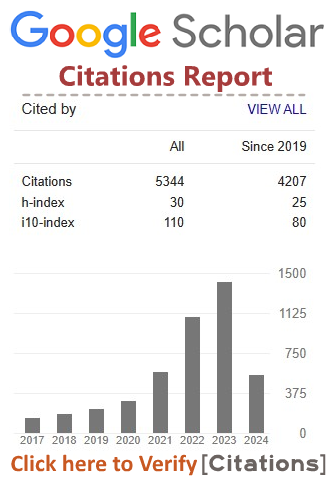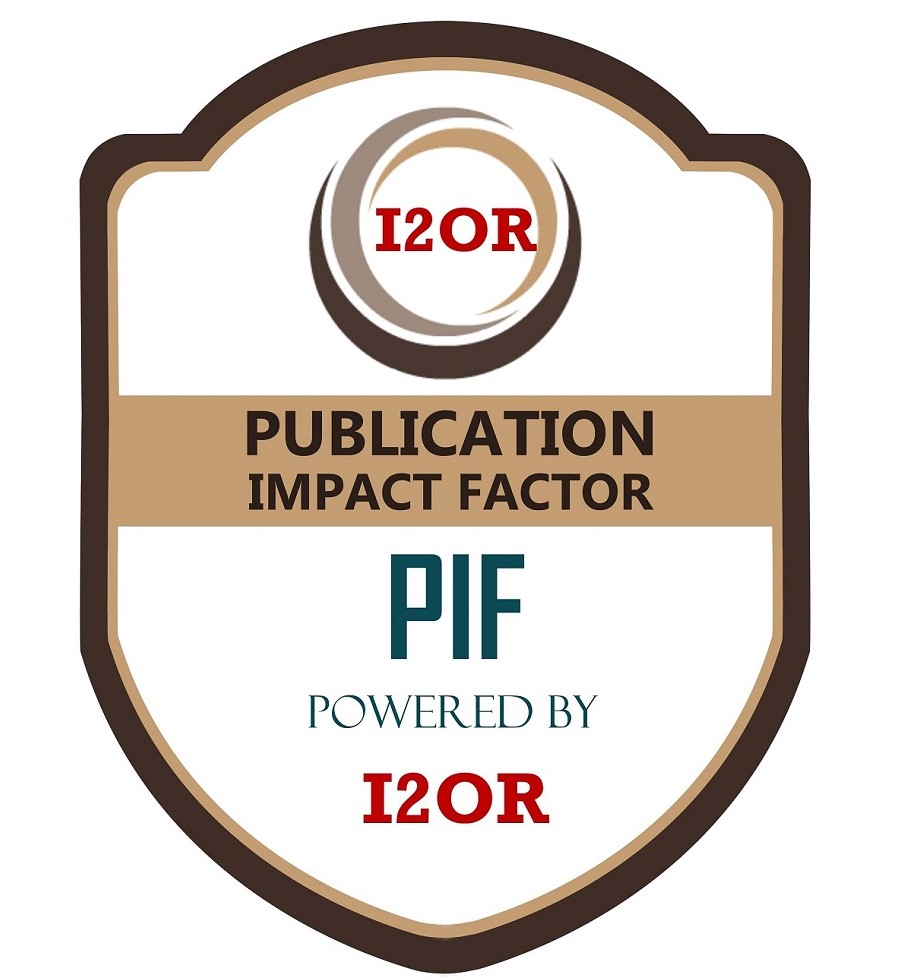Electric Vehicle Charging Station Monitoring using Open Charge Point Protocol
Miss Minal Nitin Songirkar,
M.E. Part-II,
R.H.Sapat College of Engineering,Nashik,
Abstract - Electric vehicles (EVs) have gained significant popularity in recent years due to their environmental benefits and potential to reduce dependence on fossil fuels. As the adoption of EVs continues to increase, the efficient management and monitoring of charging stations become crucial to ensure reliable and seamless charging services. This abstract presents a solution for monitoring electric vehicle charging stations using the Open Charge Point Protocol (OCPP) in conjunction with NodeMCU and a web application. The proposed system utilizes the NodeMCU, an open-source IoT platform based on the ESP8266 Wi-Fi module, to connect and communicate with the EV charging stations. NodeMCU acts as a gateway between the charging stations and the web application, enabling real-time data collection and monitoring. OCPP, an open and widely accepted communication protocol for EV charging infrastructure, is employed to establish a standardized and interoperable communication link between the charging stations and the NodeMCU. The web application serves as the user interface for monitoring and managing the charging stations. It provides a comprehensive dashboard that displays real-time information such as charging station status, power consumption, charging history, and availability of charging ports. Users can access the web application from any device with internet connectivity, enabling remote monitoring and control of the charging stations. The system architecture ensures secure and reliable communication between the charging stations, NodeMCU, and the web application. Advanced encryption techniques are employed to protect sensitive data and prevent unauthorized access or tampering. By implementing this solution, electric vehicle charging station operators and administrators can effectively monitor and manage their charging infrastructure. Real-time data collection and visualization help identify operational inefficiencies, plan maintenance activities, optimize charging schedules, and improve overall user experience. Moreover, the standardized OCPP protocol ensures compatibility with a wide range of charging station manufacturers, facilitating scalability and interoperability in a heterogeneous charging infrastructure ecosystem.
Keywords - vehicle; inductive power; resonant frequency; mutual inductance; internet of things







